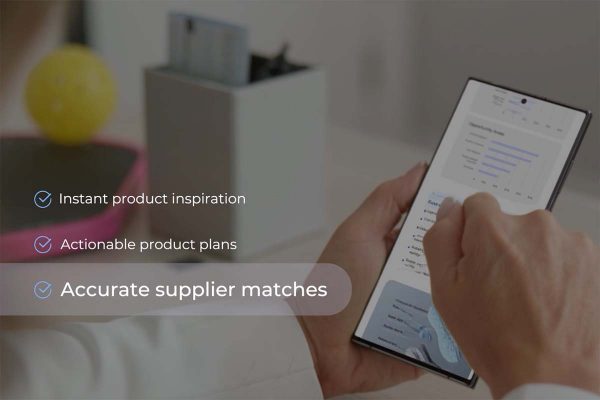A four-year-old Connecticut-born handbag brand Welden are reaching consumers in the digital era by embracing the ‘new retail’ business model on Alibaba’s owned marketplace Taobao.
In 2016, the concept of ‘new retail’ was founded by Alibaba’s founder Jack Ma to describe the merging online and offline practices aimed at wooing shoppers.
The focus of leveraging omnichannel practices became Welden’s motto. With help from Yuan, the brand debuted in China in late 2017, kicking things off with a live-streamed event on Taobao from Friesen’s home in Connecticut.
Welden brought in nearly $300,000 in gross merchandise volume over two days, selling close to 1,000 bags and drawing 1.7 million views. For Welden, it was a lesson in how traditional strategies for marketing and consumer outreach simply don’t work anymore, especially in China.
Welden co-founder Sandy Friesen and AndLuxe.co head Mark Yuan, who helps international brands sell on Alibaba Group’s behemoth shopping site Taobao, recently considered how brands can use marketplaces without limiting their customer-centric offering to online at a panel discussion at Harvard University.
To explain the phenomenon to the gathering at Harvard, which was hosted by Harvard Business School Executive-in-Residence Daniel O’Connor, Friesen and Yuan live-streamed their talk on Taobao’s live streaming service, Taobao Live.
The session instantly attracted thousands of viewers, the pair said, as Welden fans tuned in to find out what the company was doing at Harvard, a prestigious university that many Chinese students aspire to. Not long after Friesen started showing off one of Welden’s new mini-hexagon backpacks, viewers started placing deposits for the yet-to-be-released bags.
Meanwhile, Yuan urged viewers to send “I love Harvard” messages to win Harvard-branded merchandise. Hundreds of viewers did so – in Chinese – within seconds. The executives in the audience were so intrigued by the instant connection, Friesen and Yuan said, they started to chat with Chinese consumers as well.
During a Q&A with the executives, Friesen explained how Alibaba’s ecommerce infrastructure made it possible for Welden to reach their customers and build relationships with them in a highly effective way, which helped to build its brand in China. Moreover, tools such as live streaming allowed for instant feedback from those customers.
Previously, designers had to guess what consumers might want months ahead of the season or rely on costly focus groups for consumer research. Now, real-time engagement with Chinese consumers allows her to tailor new products to their liking, down to details as small as the strap length of a bag and making red more available as a colour choice to suit to meet demand in China.
Following their success in China, Welden expanded to Taiwan and Japan. Now, 20% of their business is generated outside of the US. The takeaways from Welden’s growth from Connecticut startup to an international brand are as relevant to large companies as they are to small businesses.










